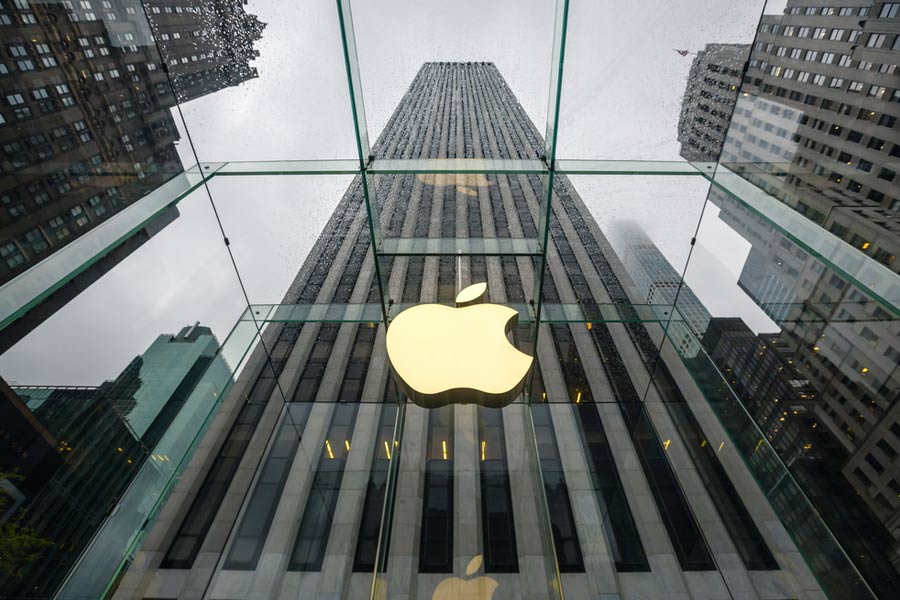Apple said on Friday it would issue a software update for iPhone 12 users in France to settle a row with regulators that ordered the suspension of the phone's sale due to breaches of radiation exposure limits.
The French government welcomed the move and said the software update would be swiftly tested and should allow for sales of the relatively old model, launched in 2020, to resume.
Belgium, which said on Thursday it would review potential health risks linked to the iPhone 12 in the wake of the French suspension, also welcomed the move but said it would continue its own review of the phone and other models.
Researchers have conducted a vast number of studies over the last two decades to assess the health risks of mobile phones. According to the World Health Organisation, no adverse health effects have been established as being caused by them.
"We will issue a software update for users in France to accommodate the protocol used by French regulators. We look forward to iPhone 12 continuing to be available in France," Apple said in a statement.
Apple, however, continued to contest the French radiation findings, saying the iPhone was certified by multiple international bodies as compliant with global standards.
"This is related to a specific testing protocol used by French regulators and not a safety concern," it said.
French Digital Affairs Minister Jean Noel Barrot, who has been in contact regularly with Apple over the past days, welcomed the software update.
"The ANFR (French regulator) is preparing to quickly test this update," his ministry said in a statement, adding this should bring the model into compliance with European standards and allow France to lift the sale suspension.
Apple routinely provides software updates for its phones and computers, mostly to fix a security issue. They can be focused on a particular model or a region, and sometimes Apple issues such updates several times in a month.
The Agence Nationale des Frequences (ANFR) said on Tuesday the iPhone 12's Specific Absorption Rate (SAR) - a measure of the rate of radiofrequency energy absorbed by the body from a piece of equipment - was higher than legally allowed, which prompted the sale suspension.
Industry experts said there were no safety risks as regulatory limits, based on the risk of burns or heatstroke from the phone's radiation, were set well below levels where scientists have found evidence of harm.
"Ultimately I suspect the whole incident will be quickly forgotten," said Ben Wood, chief analyst at CCS Insight, highlighting that the iPhone 12 is an old model.
Apple launched the iPhone 15 on Tuesday and the iPhone 12 is not available to buy from Apple directly. It can, however, be bought from third parties that have inventory or trade old phones.
A bigger issue than the sale suspension would have been a potential recall, which France had threatened if Apple had refused to do a software update.
Apple's revenues totalled about $95 billion in Europe last year, making the region its second biggest behind the Americas. Some estimates say it sold more than 50 million iPhones last year in Europe.
The U.S. company does not break out its sales by country or model.











